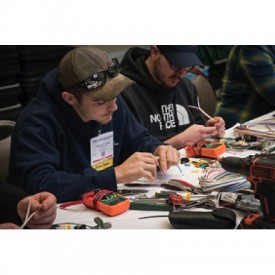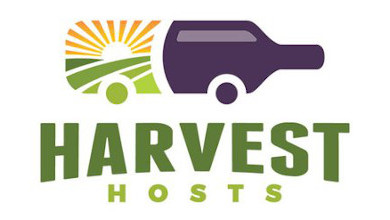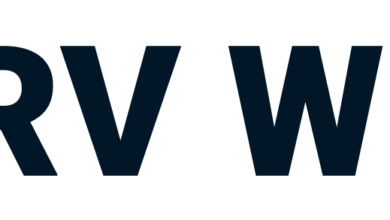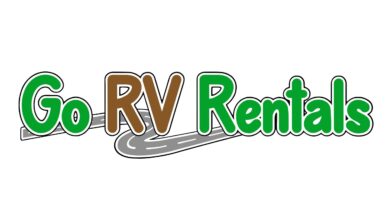Tech Training Revamp to Meet Demands, Says RVIA

Recognizing that the need is urgent and must be addressed, the RV Industry Association’s (RVIA) Board of Directors passed the following motion in October 2017: “By Committee Week June 2018, present to the RVIA board a comprehensive strategic plan leveraging all RVIA departments for increasing technical training, certification and employment in anticipation of making a significant investment in re-inventing RV technician recruitment and training.”
According to Matt Wald, RVIA’s VP of strategic initiatives, the first step RVIA took to meet this goal was to convene a focus group with its members (OEMs and suppliers) who are subject matter experts in the field of technician training – the people providing product-specific training.
That group then mapped the current landscape of RV technician training, and, analyzing that map, identified the key areas requiring improvement:
1) lack of standardized, centrally managed training
2) no focused efforts to identify and recruit technicians to the career
3) no clear career path for a new or existing RV technician to take to become proficient in the RV field
The group then created a future state mission: “Improve the consumer experience by providing as many RV technicians as quickly as possible with the knowledge, skills and abilities to diagnose and ‘fix-it-right the first time,’ reducing repair event cycle time.”
At the heart of this future state vision is an RV Technician Database. Similar to the approach used by the aviation repair and maintenance industry, RVIA would assign each new and existing RV technician with a permanent Technician Number.
This will allow the database to track all approved training and certifications the technician has achieved regardless the source.
“This database is envisioned as a market-based tool that will allow dealers, OEMs and suppliers total transparency into the training and certifications of the technicians who work for them or on their products,” said Wald. “It will allow each stakeholder to make business decisions about what that technician can work on, what facilities can be authorized service centers, or whom dealers or independent service centers should hire.”
Wald added that the question of what training is offered through what mechanisms remains on the table as the Association opens this strategic planning process up to the entire industry for input.
“There are strategies and tactics that must be developed around training curriculum, training delivery, course accreditation to qualify for inclusion in the database, issuing credentials and badges, recruiting new technicians, defining the technician’s customer journey and career path, and educating consumers,” Wald said. “We are currently reaching out to and working with every segment of the industry to develop strategies and tactics around these requirements.”
The end goal is to improve the consumer experience by providing as many RV technicians as quickly as possible with the knowledge, skills and abilities to diagnose and “fix-it-right the first time.”
With record numbers of RVs being produced and sold to an ever-expanding demographic of RV consumers, it is more important than ever that RV buyers know that there are efficient, well-trained technicians available to keep their RVs safe and operational within reasonable repair cycle time-frames.




